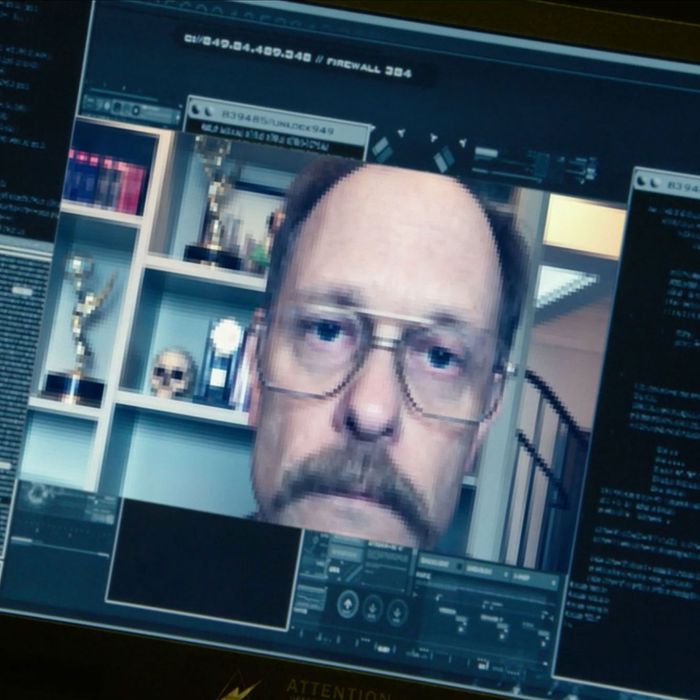- Welcome to Cook'd and Bomb'd.
-
 Laurence Fox loses court case...
by Alberon
Laurence Fox loses court case...
by Alberon
[Today at 08:53:36 AM] -
 Trans Mania: Graham Linehan...
by BennyHedgehog
Trans Mania: Graham Linehan...
by BennyHedgehog
[Today at 08:41:14 AM] -
 Perfect sub 3 minute songs...
by Sebastian Cobb
Perfect sub 3 minute songs...
by Sebastian Cobb
[Today at 08:29:06 AM] -
 Snooker 23/24
by Wayman C. McCreery
Snooker 23/24
by Wayman C. McCreery
[Today at 08:28:57 AM] -
 New Youtube Thread
by George White
New Youtube Thread
by George White
[Today at 08:25:23 AM] -
 News at Ten incident with...
by thr0b
News at Ten incident with...
by thr0b
[Today at 08:24:36 AM] -
 Explosive Houses That Would...
by perplexingprocrastinator
Explosive Houses That Would...
by perplexingprocrastinator
[Today at 08:24:04 AM] -
 Simple Minds Stadium Period...
by SpiderChrist
Simple Minds Stadium Period...
by SpiderChrist
[Today at 08:05:28 AM] -
 If you had to shag an animal...
by Underturd
If you had to shag an animal...
by Underturd
[Today at 08:03:54 AM] -
Goldie Lookin Chain's country... by letsgobrian
[Today at 07:58:49 AM]
Members
 Total Members: 17,826
Total Members: 17,826 Latest: skinnylike
Latest: skinnylike
Stats
 Total Posts: 5,585,361
Total Posts: 5,585,361 Total Topics: 106,767
Total Topics: 106,767 Online Today: 1,077
Online Today: 1,077 Online Ever: 3,311
Online Ever: 3,311- (July 08, 2021, 03:14:41 AM)
Users Online
 Users: 64
Users: 64 Guests: 803
Guests: 803 Total: 867
Total: 867 Alberon
Alberon squidn.t
squidn.t Mr Trumpet
Mr Trumpet Manodon
Manodon Buelligan
Buelligan JaDanketies
JaDanketies Mobbd
Mobbd perplexingprocrastinator
perplexingprocrastinator rovert
rovert ProvanFan
ProvanFan tomasrojo
tomasrojo StupidSexyPerro
StupidSexyPerro Cold Meat Platter
Cold Meat Platter Ruben Remus
Ruben Remus Wayman C. McCreery
Wayman C. McCreery Kankurette
Kankurette Phoenix Lazarus
Phoenix Lazarus Zetetic
Zetetic The Always Red Society
The Always Red Society sardines
sardines chuckles
chuckles Tiggles
Tiggles Magnum Valentino
Magnum Valentino Mr Vegetables
Mr Vegetables Liberosis
Liberosis famethrowa
famethrowa biggins chris
biggins chris LynnBenfield69
LynnBenfield69 DrGreggles
DrGreggles sprocket
sprocket EOLAN
EOLAN elliszeroed
elliszeroed Jumblegraws
Jumblegraws philm
philm mr. logic
mr. logic Hobo
Hobo Jerzy Bondov
Jerzy Bondov iamcoop
iamcoop Lost Oliver
Lost Oliver Pavlov`s Dog`s Dad`s Dead
Pavlov`s Dog`s Dad`s Dead Ian Drunken Smurf
Ian Drunken Smurf paddy72
paddy72 George White
George White DreadedScotsman
DreadedScotsman Monkeyman1138
Monkeyman1138 Russ L
Russ L Fru
Fru Adey
Adey
User actions

